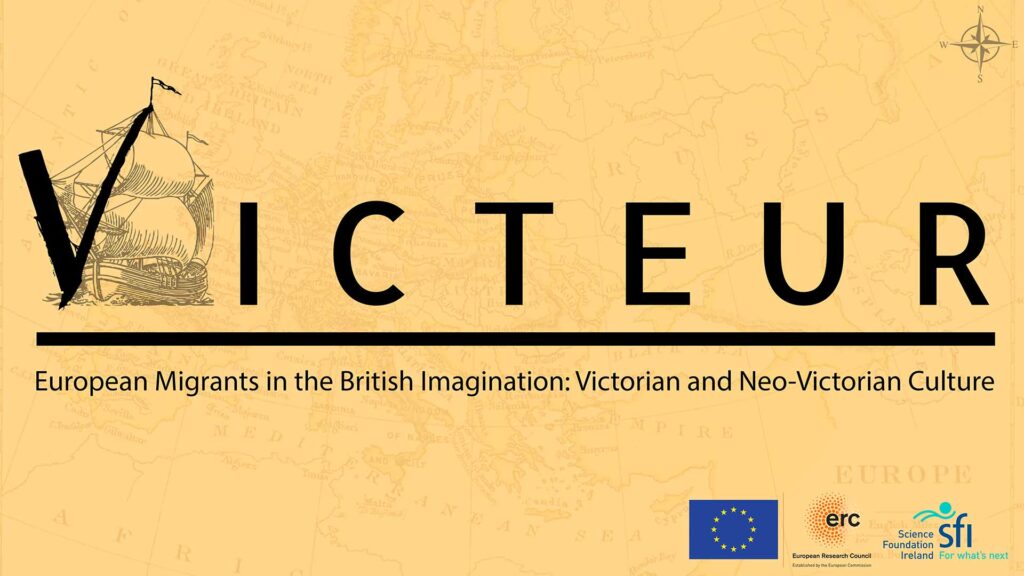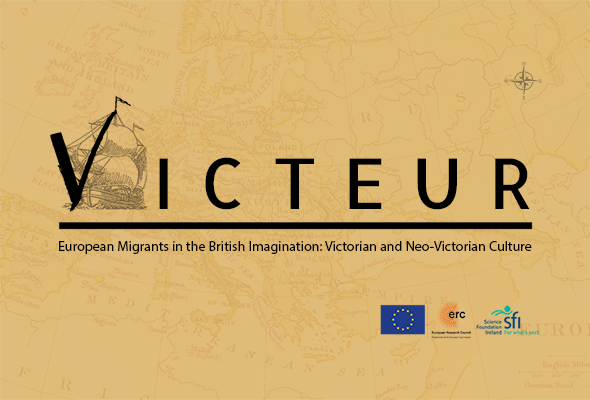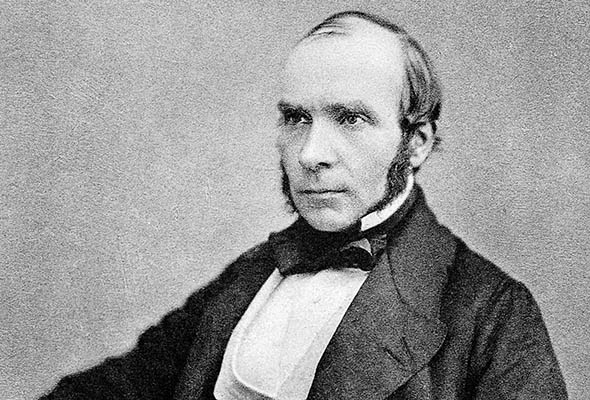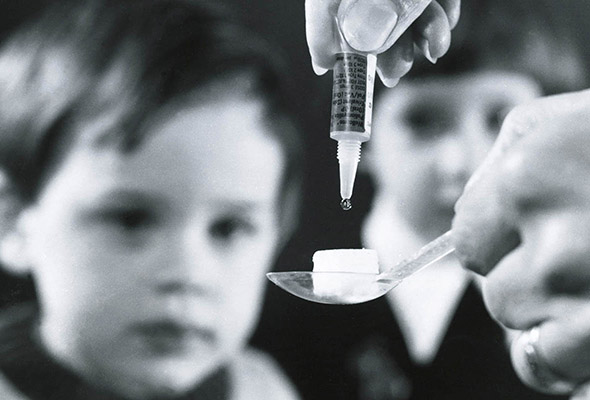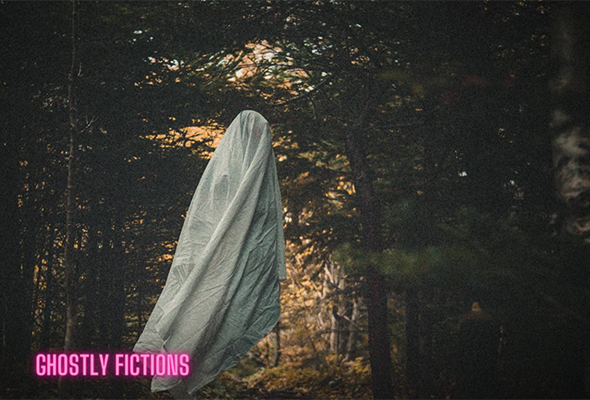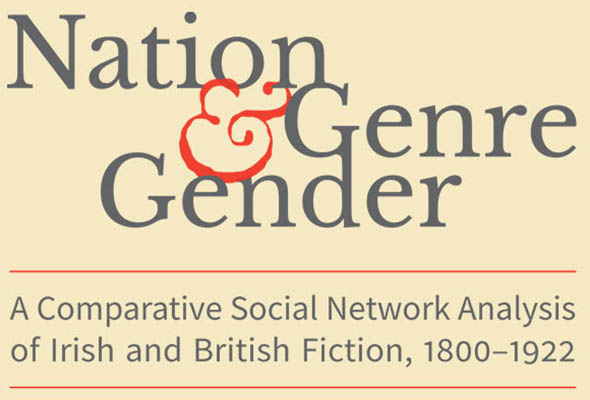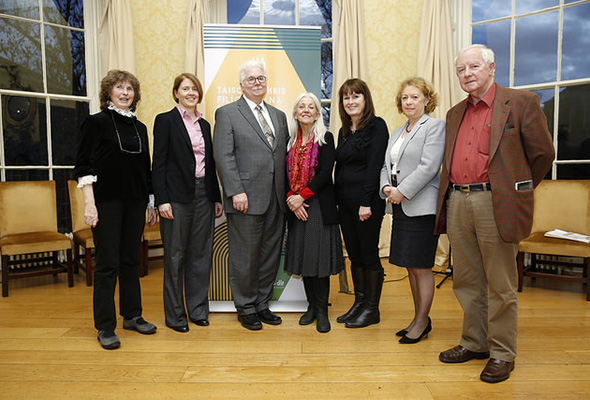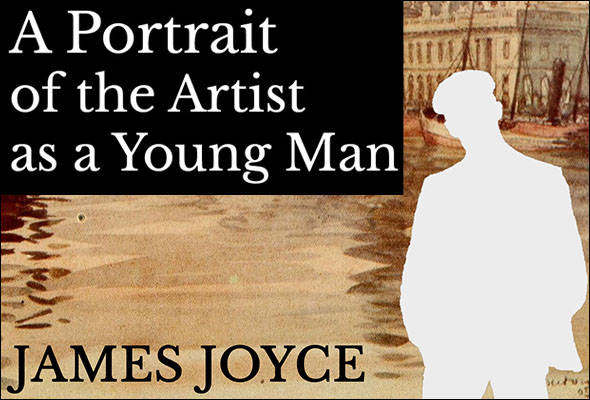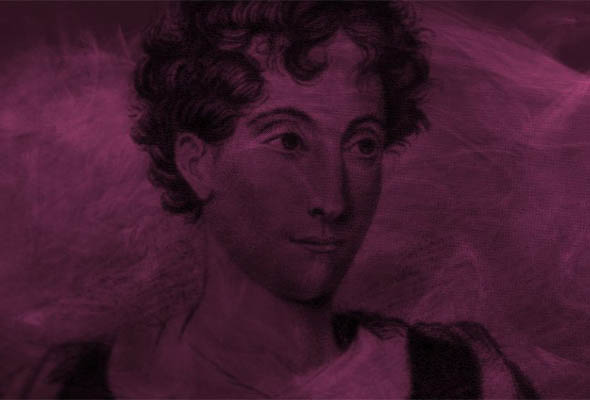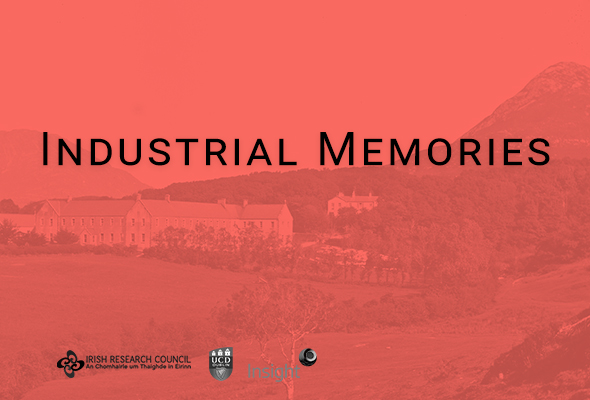PROJECTS
projects
Projects associated with the UCD Centre for Cultural Analytics
VICTEUR: European Migrants in the British Imagination: Victorian and Neo-Victorian Culture
Professor Gerardine Meaney (Director of the UCD Centre for Cultural Analytics) is an expert on the application of new digital methodologies to humanities research and also the PI on VICTEUR: European Migrants in the British Imagination: Victorian and Neo-Victorian Culture. The project was awarded a prestigious European Research Council (ERC) Advanced Grant of €2.5 million for a study focused on migration and culture.
The 5-year study will involve text analysis of nearly 36,000 books, in the British Library Nineteenth Century Corpus, and shared by them in digital format with the research team. The study will use big data to address a key unanswered societal question, how does migration impact on the cultural identity of both migrant and host communities in the historical long-term.
Dr Derek Greene, an Assistant Professor in the UCD School of Computer Science, and an expert in the field of machine learning, will collaborate with Professor Meaney on this study. Dr Greene is also a Funded Investigator at the Insight SFI Research Centre for Data Analytics at UCD, which will provide computational support for the project.
The Advanced Grant will also result in the establishment of 10 new research positions (PhD students, post-doctoral researchers, a research technologist and a research assistant) at UCD.
Professor Gerardine Meaney (Director of the UCD Centre for Cultural Analytics) is an expert on the application of new digital methodologies to humanities research and also the PI on VICTEUR: European Migrants in the British Imagination: Victorian and Neo-Victorian Culture.
The 5-year study will involve text analysis of nearly 36,000 books, in the British Library Nineteenth Century Corpus, and shared by them in digital format with the research team.
The project has been awarded a prestigious European Research Council (ERC) Advanced Grant of €2.5 million for a study focused on migration and culture.
When a slow response will cause excess deaths, but the wrong response will kill people, what should you do?
Colin Murphy’s new play explores these questions through the cholera pandemic of 19th century, and the story of the man who helped to stop it, John Snow.
This rehearsed reading is brought to you by Insight SFI Research Centre for Data Analytics, in partnership with ANU productions and Colin Murphy supported by Science Foundation Ireland Discover Funding Programme and the European Research Council, and by Dublin City Council Culture Company
Contagion, Biopolitics and Cultural Memory is using large scale historical datasets to understand contemporary attitudes and improve public health outcomes.
The project seeks to illuminate culturally and historically specific understandings of disease that appear within a collection of 49,000 literary works that have been digitised by the British Library, published between the 1500s and the early 20th century.
This University College Dublin project – funded by an Irish Research Council New Horizons Interdisciplinary Award to Professor Gerardine Meaney and Dr Derek Greene – began its work in 2017.
Ghost stories remain an essential part of the Irish storytelling tradition. This website gives the modern reader an introduction to some of these tales.
It showcases a small sample of nineteenth century ghost stories by Charlotte Riddell (1832-1906) and Rosa Mulholland (1841-1921) and further resources on the gothic writing of Dorothy Macardle (1889-1958).
Funding: This project is generously funded by an Irish Research Council Postdoctoral Fellowship Award to Dr. Maria Mulvany in the School of English, Drama and Film at University College Dublin.
Combining literary and data science expertise, Nation, Genre, Gender maps and analyses social networks in Irish and English fiction, 1800-1922.
It explores how writers and readers have imagined the connections between people in their society and turned those connections into plots. The project, funded by the Irish Research Council, has completed work on 46 novels to date.
The project is a unique collaboration between researchers in literature and data analytics. The research team combines UCD’s strengths in cultural criticism and social network analysis.
The archive is a repository that holds recordings of Irish poets and writers, reading their own work and giving a brief overview of the circumstances that influenced the writing of their poems.
This collection aims to capture and preserve the rich and diverse landscape of poetry in Ireland. It includes the voices of: established poets; emerging poets; performance poets; avant-garde poets; English and Irish language poets; and Irish diaspora poets.
The Irish Poetry Reading Archive complements and builds on the rich and diverse collections of poetry already held in UCD Library. The archive makes Irish poetry accessible to audiences at home and abroad.
The Digital Multimedia Edition of James Joyce’s first novel, A Portrait of the Artist as a Young Man, was created by a team of researchers from UCD’s Nation, Genre and Gender Project, as part of the Decade of Centenaries (2012-2022), which celebrates Irish history and cultural heritage.
The edition reproduces the text of the first publication of this novel as a single volume, by B. W. Huebsch Inc, in New York, 1916. The edition is available to download as a free audiobook, recorded by Irish actors Sam and Barry McGovern, as well as in Kindle. It can also be explored chapter by chapter on this site.
The project was supported by UCD Research and the Irish Research Council.
Dr Katie Mishler is a postdoctoral researcher in the UCD Centre for Cultural Analytics. Her project, Mapping Gothic Dublin: Historical and Literary Hauntings 1820-1900, was awarded funding as part of an Irish Research Council Enterprise Partnership scheme in partnership with the Museum of Literature Ireland (MoLI).
The Dublin Gothic podcast explores how the legacy of Ireland’s gothic literary tradition intersects with studies of psychology, architecture, natural history, and urban planning.
The project looks at how histories of urban planning, political change, and architecture shaped the writing of authors such as Bram Stoker, Oscar Wilde, Joseph Sheridan Le Fanu and Charles Maturin.
In 2009, the Irish Government published the Ryan Report, an expansive inquiry into child abuse at residential institutions for children run by the Catholic Church between 1936 and 1999.
Industrial Memories helps make further sense of the Ryan Report by revealing the distressing scale and systemic nature of abuse during this period, bringing users closer to the voices and experiences of people inside the system.

